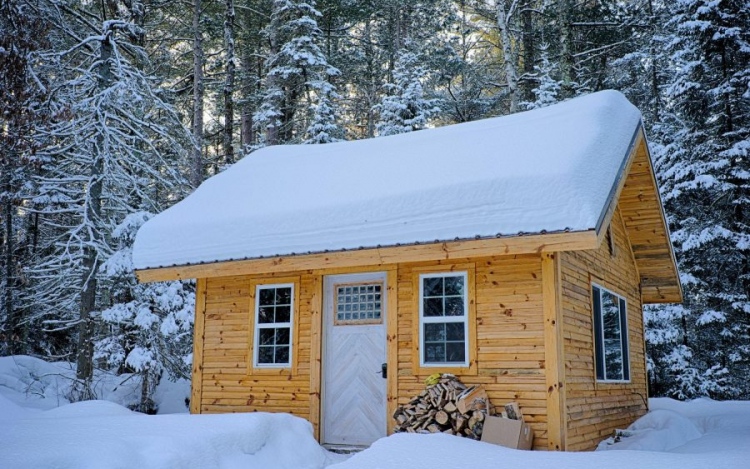Everyone could say that they would enjoy the advantages a tiny house could offer: freedom, savings, green living, and homeownership. However, could everyone get used to its disadvantages? The answer is probably no. Looking at the experiences so far and obvious advantages and disadvantages, we can try to predict the future of this type of housing.
Who are they for?
Simply looking at the amount of space and considering those who advocate for these tiny homes, we can conclude who these homes are for. A 100 – 200 ft home, as a choice, is occupied by single people and couples. These are people who enjoy traveling or intend to travel. Also, these could be people who are looking to own a home at a more down-to-earth price. The fact that this type of space is barely convenient as a holiday home for a family with children, keeps tiny homes out of the mainstream culture.
What do the authorities say?
Owning a tiny house keeps you in a gray area. You are certainly not paying the property taxes for it. However, if you use it on your own lot, you will have to pay the real estate tax. Also, in the meantime, you have to find the right place for it and pay the campground spot. The trouble is that certain governments will see you as an RV, while some RV parks may think you do not fall into the category. Being in the gray area does not make you free of your obligations. It often happens that the authorities are confused by your existence and have contradictory opinions. It could be a great burden.
Environmentally friendly housing
Since a tiny house is tiny, you can select the best materials for building it and still do not spend a lot of money. You can find good quality used materials and reclaim them for your home. Use the best insulators and make it extremely energy efficient. Install solar panels and produce electricity to power the appliances in your small home. Also, lace storage space means less shopping, which also means less waste. You can only buy the things you are going to need and consume.
The freedom
A tiny home is a traveling convenience. This is one of the major arguments in favor of tiny homes. The trouble is that you have to find a way of towing it and that can be expensive for both you and the environment. Also, if you are looking into living a green lifestyle, then you may not be the fan of the carbon emission a big truck makes
The savings
A good thing about owning a tiny house is that it can be yours very quickly for as much as $40,000 on average, of course, it could be both cheaper and more expensive than that. Even though if you calculate it a price per sq ft may be more expensive than that of an average home, still the small number of sq ft adds up to not so much. Also, you have to take into an account the price of a towing truck if you do not have one. However, when you combine these two, the price does not come up anywhere close to the price of a normal house. Also, the utility expenses are much lower, on average under $50, plus the campsite charge.
Having very little space
Well, the first thought in many minds is that less space means less cleaning. This is true. But less space also means less space. You have to be used and know what it means to live in confined space. You will have to clean frequently. Small spaces get cluttered very quickly unless each item is kept where it belongs. You also have to be very particular about which items you can take with you and what you have to give up. Alternatively, if you can fit it on the trailer, you can get a portable storage unit for some of the belongings that did not make the cut.
The facilities
A kitchen in a tiny house is well organized, but small. It can only hold a limited number of items. You can not make big meals, and even if you did, saving leftovers would be challenging. Moving on, we have a laundry room, or space to be more precise. It is almost safe to say that you can forget about being able to fit both, a washer and a drier. However, drying your washing naturally, on a line requires less power, so you could perceive it as a green solution. Furthermore, a toilet does not connect to a septic tank but has a composting tank that requires emptying and cleaning regularly. While it’s completely natural, it is not particularly enjoyable.
Based on its features and user comments, a tiny house will never become “the thing” but it is also harsh to say that it is just a passing trend. Tiny houses will probably stay somewhere in the range with RVs, campers and any other mobile holiday housing solution they come up with. There will always be people who will enjoy it, at least for a certain period of their life. However, it does not seem to be cut out for most people during most of their life, so they will never become mainstream.




